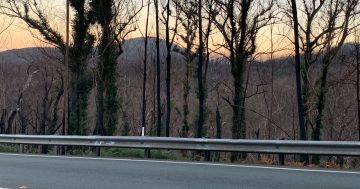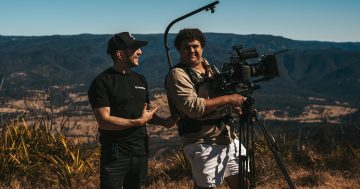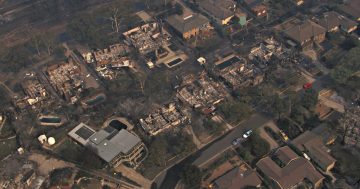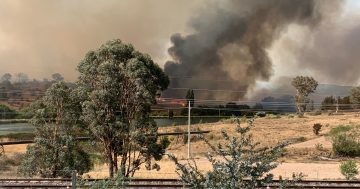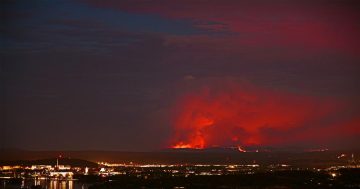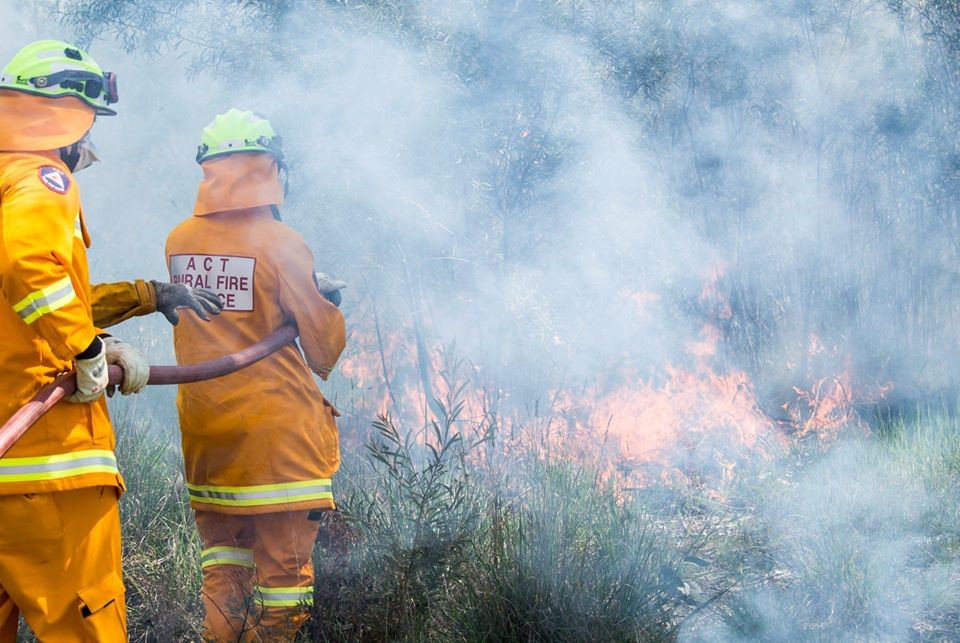
The Black Summer bushfires affected many Australians – and a team of researchers is calling for a rethink of how we respond to natural disasters. Photo: Supplied.
Authors of a study looking at the link between climate-driven disasters and mental health outcomes are calling for a re-evaluation of how we think about the impacts of those events.
In their recent paper, researchers from the Australian National University (ANU) analysed data, collected through two studies, about the effects of the 2019-2020 Black Summer bushfires.
Lead author and research fellow in the School of Medicine and Psychology at ANU Dr Zoe Leviston said they were looking at a concept named solastalgia.
The term was coined by Australian environmental philosopher Glenn Albrecht and refers to a feeling of distress caused by environmental change.
“We know that there’s a lot of grief and loss associated with seeing your physical environment decline, or seeing your environment destroyed in some way,” Dr Leviston said.
“We also know anecdotally that you don’t have to be physically affected by loss of property and things like that to experience the grief associated with seeing environmental decline.
“In our study, we were interested in examining the more hidden health and wellbeing aspects of bushfire exposure, in particular, how pervasive that sense of distress at seeing environmental decline was.”
One study in the paper involved participants from the Australian Capital Territory and the surrounding area of NSW, while the second was a nationwide survey of more than 1400 people undertaken six months after the bushfire season finished.
“We always expected the level of severity of the bushfire impact to be associated with poor mental health and wellbeing outcomes – and that’s what we found in both studies,” Dr Leviston said.
“But we found the experience of solastalgia – which was also related to the severity of bushfire impact – explained mental health outcomes above and beyond mere exposure to the bushfires.”
In the first study, more than 2000 people were surveyed about their exposure to the bushfires between 15 December, 2019, and 15 February, 2020, using an impact score that covered such factors as whether someone had to evacuate, whether they lost property, or whether travel plans were impacted.
Of the respondents, 60.9 per cent reported that they were affected in at least one way.
The second study was nationally representative and completed by 5110 participants.
“It was quite interesting that we managed to replace our findings across a continent, and across very diverse levels of experience,” Dr Leviston said.
“I think this says that the experience of solastalgia was quite strong across the country.”
Associate Professor at the National Centre for Epidemiology and Population Health at ANU, Dr Aparna Lal, said the focus on solastalgia was different from some previous research on the impact of natural disasters.
“As a researcher, we’re used to measuring the impact of such extreme [weather] events retrospectively in terms of health burden, morality, economic value,” Dr Lal said.
“What this study brings to the fore is that we could have potentially underestimated the impact that these events have on the part of your identity that’s connected to a place on our health and wellbeing.”
On a personal level, Dr Leviston said the study showed people should not assume they were alone in feeling emotionally affected by climate change and natural disasters.
“People can mistakenly believe that they’re alone in their distress at these events,” she said.
“What our figures show is that the experience of solastalgia is widespread.
“People shouldn’t feel alone at feeling grief at losing cherished ecology, at losing flora and fauna.”
The researchers said policymakers and the wider community must come to see that natural disasters impacted more than those directly affected.
“We need to be aware of these hidden impacts of disasters like bushfires, like floods and so on,” Dr Leviston said.
“We do have ways of monitoring and measuring that [mental health outcomes] – as our study demonstrates – but we don’t often do it.”
The research paper has been published without a paywall and is available online.












